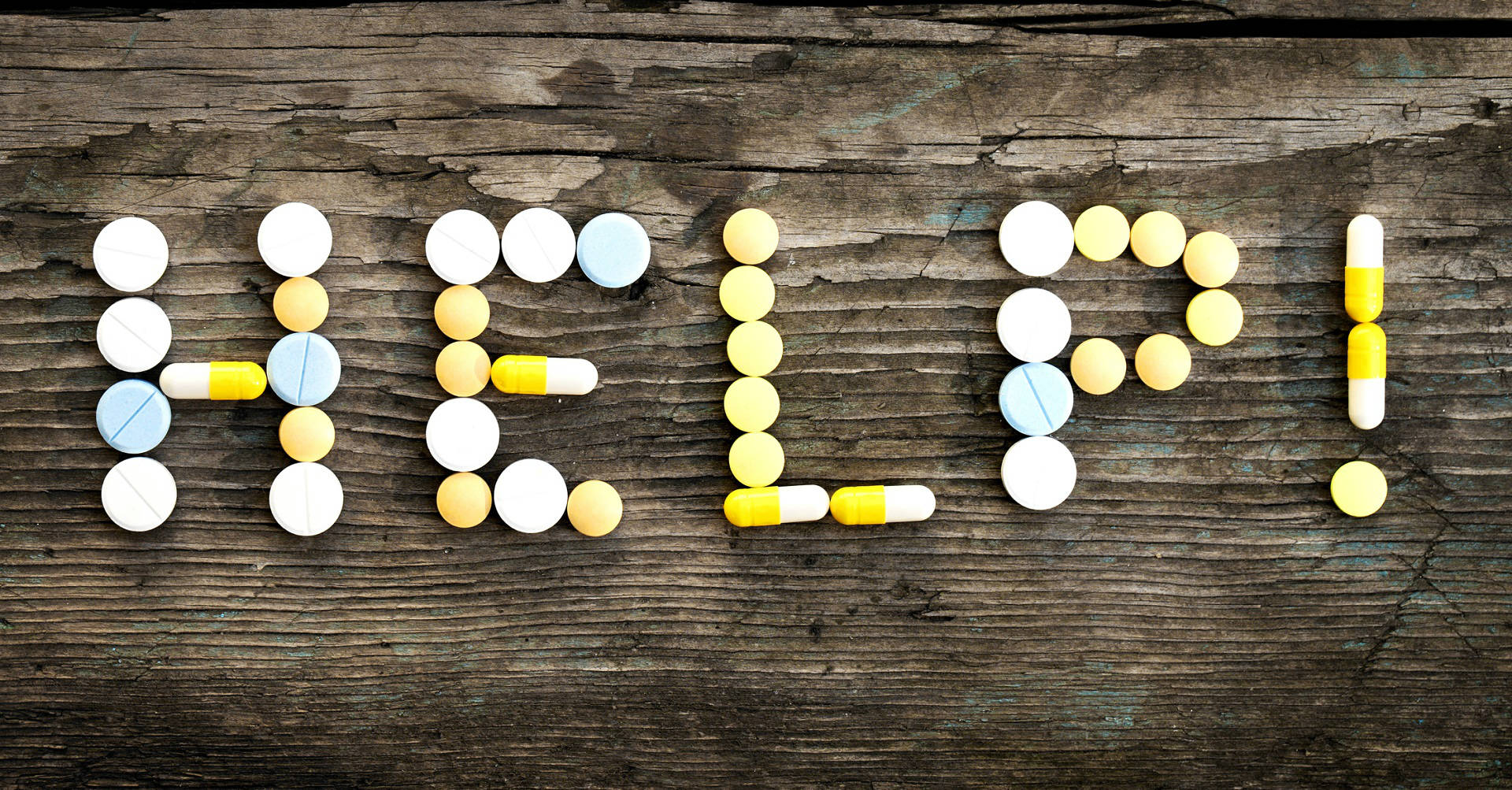There’s a new wave of drug addicts emerging. They’re not rebellious teens, or down-and-outs, or young adults up for a party. They are men and women – often middle-aged, often middle-class - who have grown addicted to the painkillers their doctors have prescribed.
These pain-killers are chemically similar to heroin.
The painkillers in question are opioids – highly addictive, and similar in chemistry to opium or heroin. In the United States, the rate of addiction and the number of deaths from opioid overdoses has grown to such an extent that it is known as the ‘opioid epidemic’. It is a serious problem in South Africa, too. Dr Hashendra Ramjee, a doctor at Houghton House drug addiction recovery centre in Johannesburg, estimates that out of all the patients that the organisation treats for drug and alcohol addition, 20% are addicted solely to opioids and an additional 30% have an addiction to multiple substances, including opioids.
Addicted before you know itOften, people don’t set out to get high or to abuse drugs. They start out with a prescription to relieve pain – either from an illness, a chronic condition like back pain or osteoarthritis, or an operation. They then either grow accustomed to the medication for its pain relief qualities, or find that they enjoy the side effects of feeling euphoric, drowsy or removed from their circumstances. They start finding ways to renew their prescriptions or procure the drugs illegally.
What are the dangers?Prescription or over-the-counter opioids, when abused, are just dangerous as many illegal drugs. The dangers are addiction, and overdose. Once a user is addicted, it’s difficult to stop using - stopping suddenly can lead to restlessness, vomiting, diarrhea, pain and chills. Overdose is a very real risk, because just one high dose can depress breathing and lead to a coma or even death.
Know symptoms of opioid abuse
- Changes in sleep, mood, appetite or weight
- Tremors, seizures, or slurred speech
- Changes in behaviour or personality, including unusual emotional outbursts, lack of motivation (which often leads to trouble at school or at work), or becoming secretive about their behaviour
- Drug use also increases the likelihood of injuries and accidents
Other signs that you have a problem
- Doctor-hopping to get multiple prescriptions, or lying to your doctor about your drug use or level of pain
- Asking other people to get medication on your behalf
- Using more, or more often, or taking higher doses to get the same effect that a lower dose used to bring
Get helpTreating addiction often includes a combination of behavioural and pharmacological interventions, tailored to the addict’s specific circumstances. Detox is usually the first step, and the withdrawal symptoms may be eased with other medications.
Behavioural therapy then helps the addict to function in the world without relying on the addictive substance, and gives tool to avoid a relapse. This therapy can be one-on-one or involve the family and friends or can take the form of group counselling.
For more information about or support for addiction to opioids or other prescription painkillers, get in touch with the following organisations:
The South African Depression and Anxiety Group (SADAG)
Narcotics Anonymous
Houghton House
Guard against addictionThe most important step in avoiding opioid addiction is to only use medication in the way it is prescribed to you by your doctor, or under the advice of a pharmacist.
To protect those around you, never give your medication to others, talk to children about the dangers of abusing prescription drugs, safeguard medication in your home, and ask your pharmacy if they have a take-back programme for unwanted or expired medication. Bottom line – treat all medications with caution.




